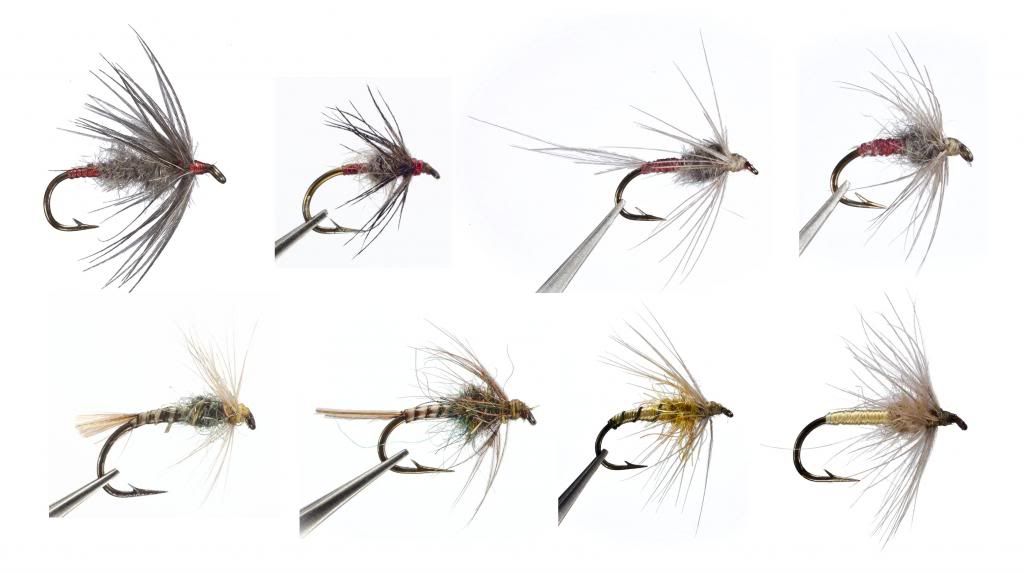Post
by Greenwell » Thu Dec 19, 2013 6:00 pm
Lance, thank you for posting these, seeing original flies gives us a foundation upon which to base our own interpretations. In profile, these flies look much more nymph-like than the North Country Spiders. While some Spiders sported a bit of fur or herl behind the hackle, it wasn't as pronounced as on the Leisenring/Hidy ties. Also, I believe that the thoraxes served different purposes; on the Spiders it was primarily a bolster to the hackle and on the L/H patterns it was an important part of the silhouette.
Beyond the stylistic and constructional aspects, when looking at vintage flies, (and I'm not talking about commercial flies but rather those dressed by competent angler/tiers) ones sees a sense of purpose in their materials and construction. I recently came across the term 'casual fluency', a reference to the mastery of a craft,and this term, in my opinion, certainly applies here. First and foremost these flies were tied to catch fish. If they appealed to the aesthetic senses of the tier's friends and angling peers, well that was nice too, but it was the effectiveness of the fly that really counted.
I find the hooks interesting too, they look like Sproats with a bit of an offset. Perhaps Allcock 6812 T.D.E.?

